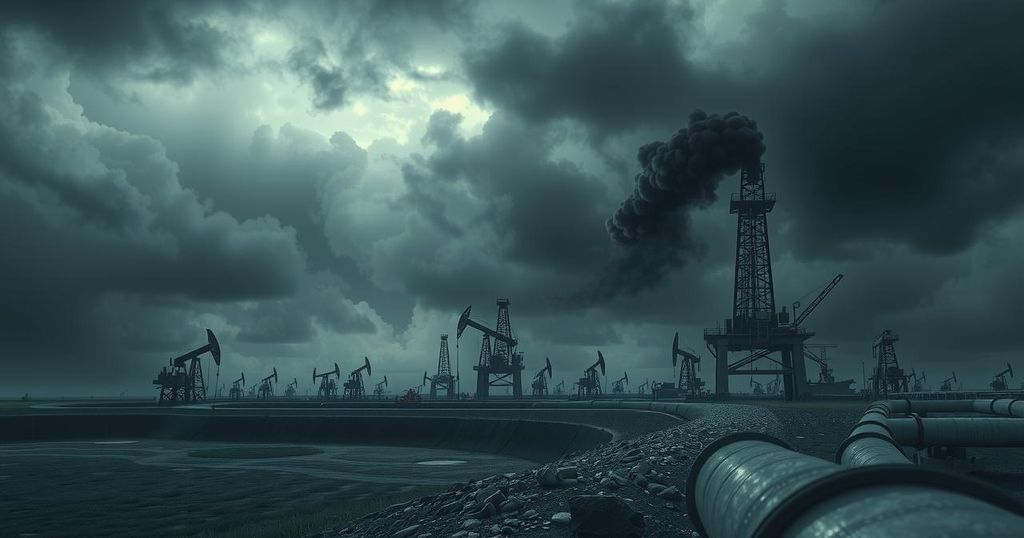Libya Remains on Edge as Oil Majors Re-engage
- Oil majors are returning to Libya despite ongoing instability.
- The GNU faces a standoff against the RADA militia group.
- Dbeibah’s demand for control over RADA highlights his diminishing power.
Oil Majors Return Amid Rising Tensions in Libya
Tensions in Libya continue to rise as old rivalries resurface, despite international oil companies showing renewed interest in the North African nation. The overall situation is quite precarious; Libya’s civil strife and power struggles are far from settled. The major issue is the competition for control between Benghazi and Tripoli, and unless a strategy to share resources is developed, another civil conflict seems imminent.
GNU Faces Standoff With Special Deterrence Force
The Government of National Unity (GNU) headed by interim Prime Minister Dbeibah is facing intense pressure from the Special Deterrence Force, more commonly known as RADA. Dbeibah has publicly demanded that RADA give up its hold on the Mitiga Airport and the associated penitentiary, accusing them of harboring over 120 fugitives, including a notorious commander wanted by the International Criminal Court. RADA’s response, marking a defiant stance with a declaration of a ‘war of survival,’ suggests they are ready to escalate actions, adding yet another layer to this chaotic situation.
Dbeibah’s Control Wanes Amid Escalating Confrontation
This ongoing clash is not simply a tripartite struggle; it reveals more about Dbeibah’s waning power within the GNU framework. RADA’s militancy indicates a significant shift, as they are not directly allied with the eastern factions led by Khalifa Haftar, which further complicates the already intricate political landscape. Dbeibah’s mounting inability to establish firm command may lead to further challenges and exacerbate instability already plaguing the nation, making the prospects of a unified Libya appear bleaker than ever.
In summary, Libya is navigating a treacherous political landscape as rival factions vye for control while oil companies cautiously re-enter. The GNU’s ability to maintain authority is increasingly under question, especially as RADA fortifies its position. If a compromise cannot be reached between contending parties, the risk of further violence remains a daunting prospect for the future.




Post Comment